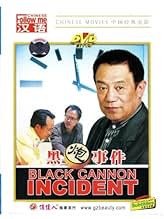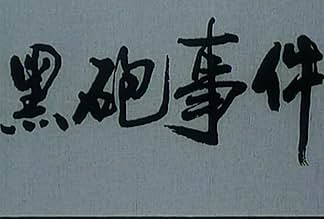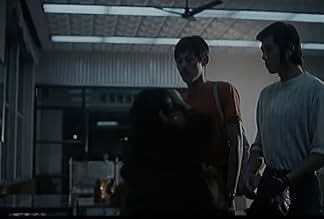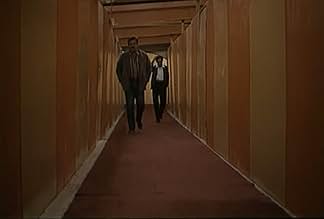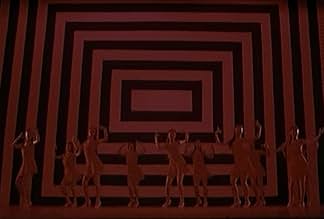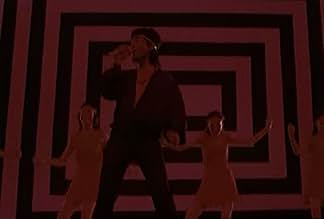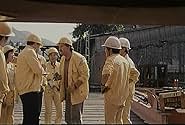There's a lot to see and enjoy in "The Black Cannon Incident", but two things are particularly interesting: firstly, the political satire and symbolism, while somewhat guarded, is some of the most scathing ever to reach cinemas in mainland China - it may not always seem like much to Western viewers, but when viewed in the context of, for example, other "post-socialist" films like those of Eastern Europe, it is considerable.
The second aspect of the movie that makes it really worth seeing is its bizarre aesthetic qualities - in this film and "Dislocation", Huang Jianxin uses an industrial setting and discordant music to symbolize visually China's awkward transition into modern Western-style life and the clash of cultures that eventuate. In this and later movies, Huang picks up on seemingly minor details which, under his control, seem to develop much deeper meanings.
On the other hand, it should be stressed that this is a first film for Huang Jianxin - he later refined his film-making considerably. The performances are good, and the idea behind the film is excellent, but the basic storytelling lags behind a bit - the endless meetings and circular conversations may be historically and symbolically realistic, but they don't really excite an audience. If you're prepared to sit through a few dull parts, it's a very interesting viewing experience both for Chinese and foreigners. It's a pity that Huang's plans to collaborate further with German actors fell through.


